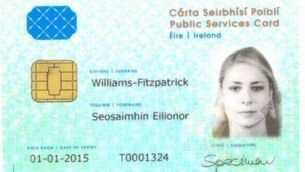Survivors’ reaction to recommendations mixed

Justice For Magdalenes Research (JFM Research) broadly welcomed the report, saying it satisfied many of the issues and concerns the group had shared with Justice John Quirke.
However, it pointed out that recommendations of both the UN Committee Against Torture (UNCAT) and the Irish Human Rights Commission (IHRC) to establish a prompt, thorough, and independent investigation had not been implemented.













